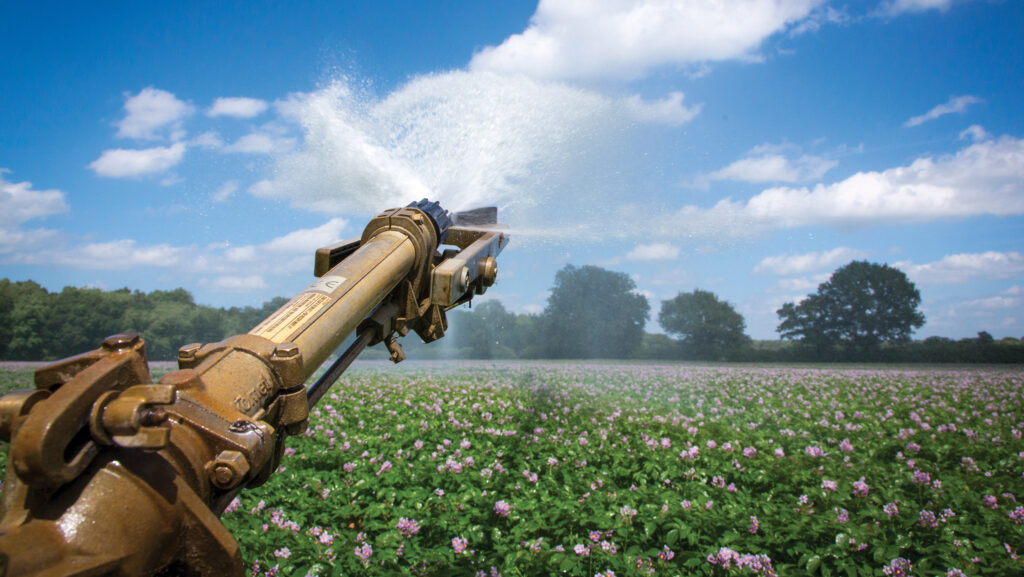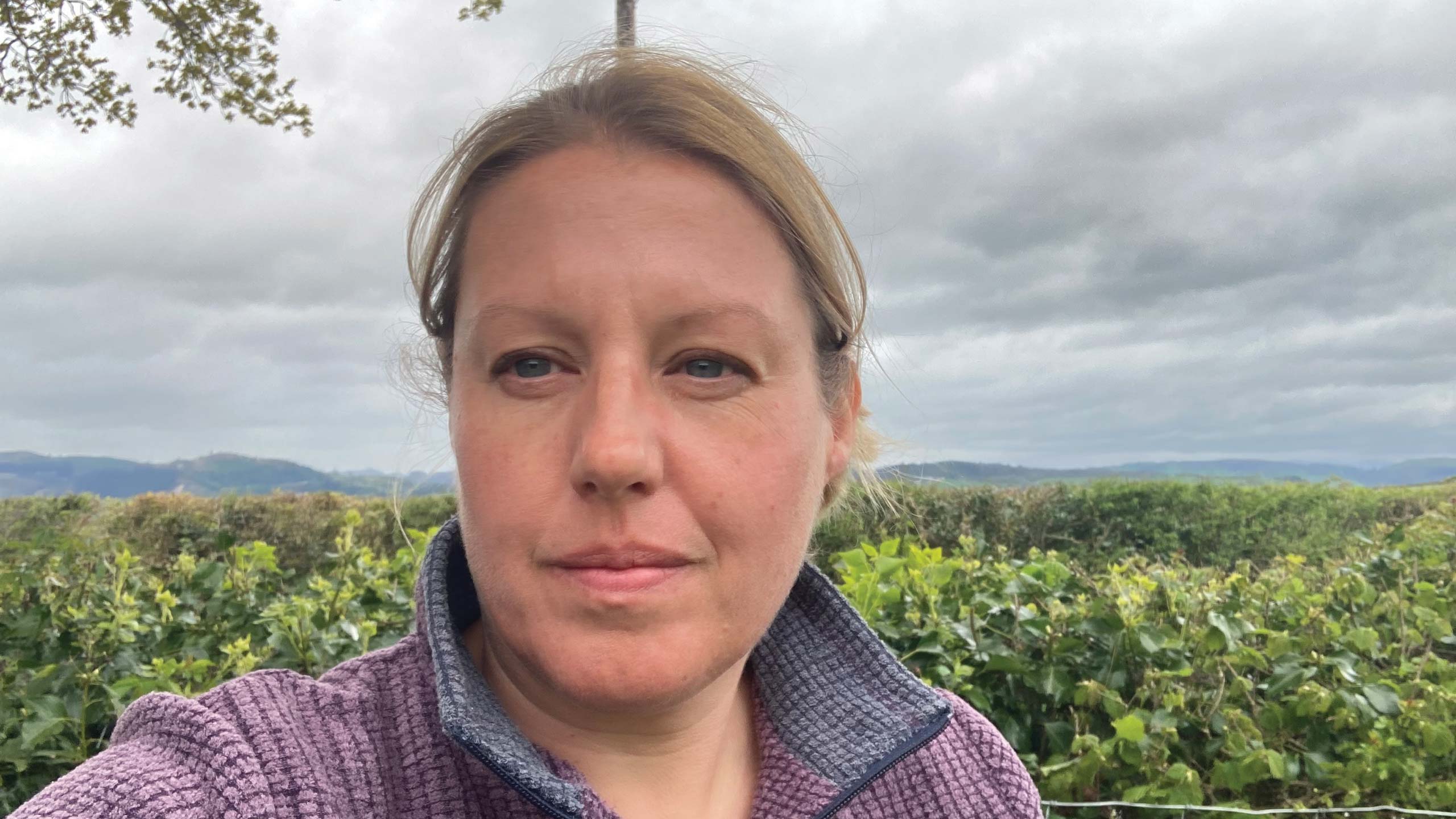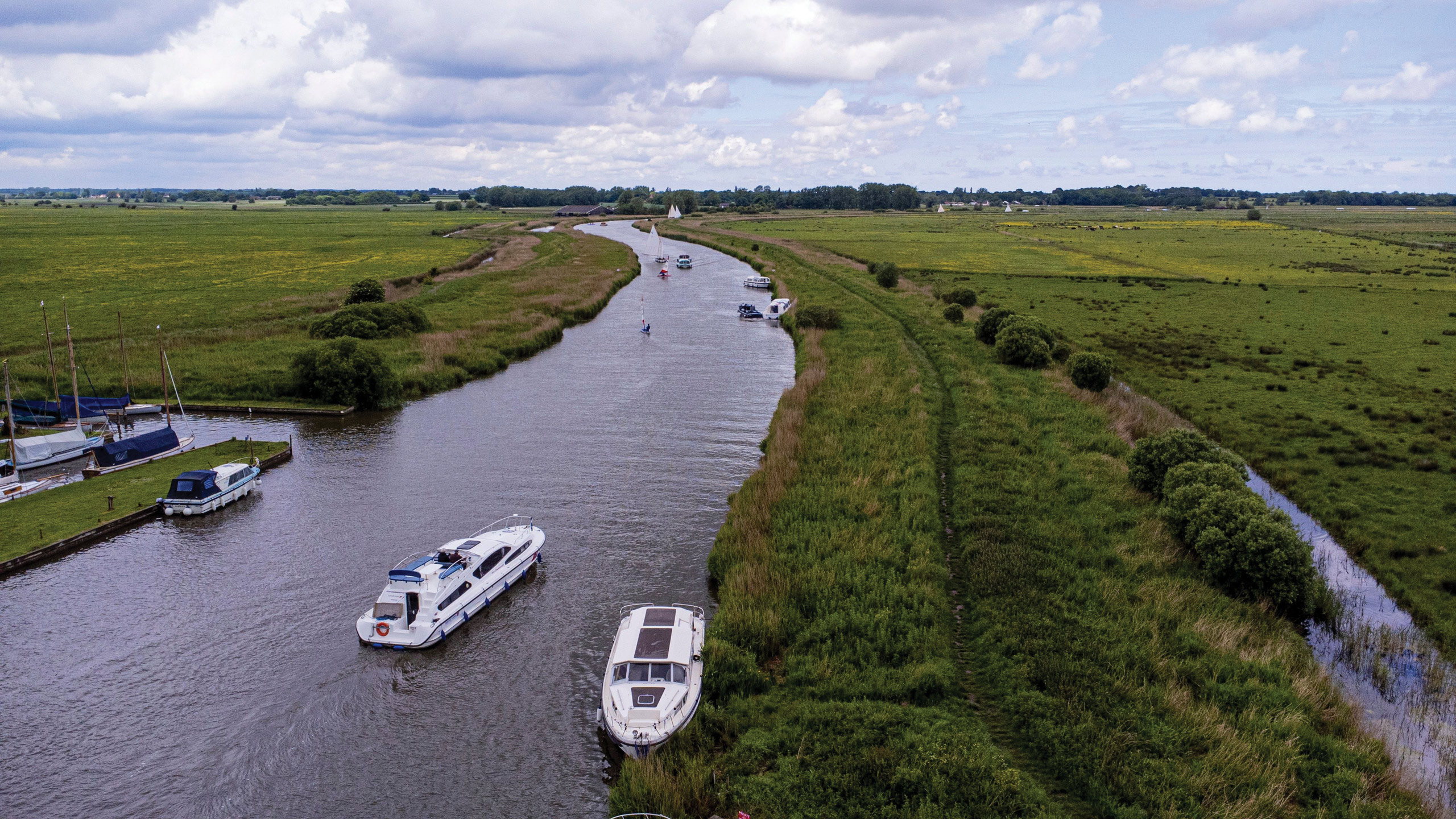How Water Action Groups can help secure farm supplies
 © GNP
© GNP The Environment Agency (EA) is reviewing water abstraction licences, asking farmers to give up “excess headroom” due to over-abstraction in many catchments.
Letters are being sent to farmers and other licence holders, encouraging them to reduce volumes or even revoke licences that have remained unused for long periods of 12-15 years, says the EA.
See also: Water quality and supply – striking the right balance on farm
The NFU is urging farmers to respond promptly to the letters, warning that Section 52 revocation notices will be issued if farmers fail to reply.
Mark Betson, NFU national water resources specialist, says these letters are “the tip of the iceberg” of future challenges.
With climate change increasing pressure on water supplies, he warns that demands on farmers will intensify.
Legislative changes
From 2028, new powers introduced by the Environment Act 2021 will allow the EA to vary or revoke irrigation licences, including permanent licences, without compensation where harm is potentially being caused to the environment.
One key driver of water policy change is the Cunliffe Independent Review, which has led to a government white paper due to be published this autumn. This will pave the way for how water is governed in England, Mr Betson explains.
“The review is focused on water quality, but it also impacts water resource regulation,” he says. It proposes a shift from multiple national regulators (Ofwat, the Drinking Water Inspectorate and the EA) to a single regulator which will have eight regional authorities with a catchment-level focus.
The aim is to simplify regulation into two areas: clean water (quality) and plentiful water (resources). The review identified agriculture’s past exclusion from water planning as a failure and emphasises that it must have crucial involvement moving forward.
“The review calls for smarter regulation that uses technology to allow adaptive type planning,” Mr Betson says. “For example, this would mean taking water when it’s available and making use of it, and stopping abstraction when water is scarce.”
Competition for water
The government’s National Framework for Water Resources, published this year, recognises the importance of food security and the crucial role water resilience plays in this, he adds.
However, the competition for water will be a significant challenge. Power stations, data centres and growing urban demand are placing strain on already stretched water supplies.
Farmers will be required to transition to more efficient and sustainable water use, Mr Betson says. “There’s going to be more competition for water when we most need it, and pressure on the farming sector to do things with water when it’s in excess.
In other words, when there’s plenty of water available, how do we store that water? And how do we use water when it’s not available?”
Water abstraction groups
With agriculture being placed behind “public supply” and “environmental need” at critical times of drought, farmers must make their case for a fair share of water, says Sarah Faulkner of Faulkner and Mayne Sustainable Agriculture.
Ms Faulkner believes the answer lies in the establishment of water abstraction groups (WAGs) to help farmers protect access to water.
She helped launch the Shropshire Severn Water Abstraction Group (SSWAG), part of a growing movement of WAGs.
Seven now operate across England, with half a dozen more starting to emerge. Eastern England currently has the highest number of WAGs at five.

Sarah Faulkner © Sarah Faulkner
A WAG is essentially a group made up of farmers and other water abstractors (food processing companies, for example) that work collaboratively across catchment areas to lobby the EA and other stakeholders, and pilot ways of using water more efficiently.
The NFU believes there is scope for the establishment of more WAGs across the UK to protect farmers’ access to water.
The organisation also wants to use new technologies, such as water sensors, to monitor water levels and crop requirements, enabling farmers to make the most efficient use of water when it is available.
Case study: How Norfolk WAG is driving real change

© Adobe Stock
Norfolk Environment Food and Farming (Norfolk EFF) is one of the longest-running WAGs in the UK, having been established in 1997 as the Broadland Agricultural Water Abstractors Group.
It represents 134 members with licences to abstract and use about 17m cu m of water annually.
Groundwater abstraction licences in the Norfolk Broads came under strain following the Catfield Fen Public Inquiry in 2016. This ruled that it could not be proven that abstraction was not adversely affecting the environmentally protected site.
The inquiry prompted a wider EA review of abstraction licences in the lower Ant valley, with a further 21 licences since revoked.
Over the past 28 years there have been 173 licences reduced, refused or revoked in the Broads and adjacent areas, says Steve Moncaster, managing director for Norfolk EFF.
Although there is no conclusive evidence to show irrigation is damaging the wetlands in the Broads by drying them out, the EA can curtail abstraction using the “precautionary principle”, explains Mr Moncaster.
Progress on these issues was made last year when the WAG managed to claw back water for some of its members in the Albert Bartlett and Place UK planning inquiry, but Mr Moncaster warns that the process is complicated and costly.
He encourages other farmers to establish WAGs and get ahead of forthcoming legislation.
About the group
Norfolk EFF began as a volunteer group, but by 2016, this proved unsustainable with mounting legal fees.
In 2022, it transitioned to annual subscriptions. All members pay a levy of £5 per 1,000cu m. Most members pay £600, and other revenue is generated from grants.
Six Norfolk farms that are members of the WAG built a 270,000 cu m reservoir in the Norfolk Broads near Wroxham.
The project took four years to complete and cost £1m, but has secured water for their vegetable and fruit growing enterprises.
‘Smart’ farming
The WAG is also pioneering a “smart” farm project on 850ha of farmland in the Broads in the hope it can accelerate the transition to digital systems for abstraction licensing and management.
Currently, the EA determines how much water can be abstracted and sets volume limits based on flow during droughts or prolonged periods of dry weather, explains Mr Moncaster.
The reality is very different, he says, with most years either normal, wet or slightly dry, meaning the EA approach is highly conservative.
The smart farm in the Broads grows potatoes, sugar beet, wheat and barley. Water for spray irrigation is pumped into a reservoir and used to supplement local groundwater supplies or to buffer peaks in demand during prolonged dry periods.
To minimise abstraction risk to a nearby wetland and provide real-time data for managing irrigation, a £75,000 smart management system has been installed.
Sensors monitor reservoir water levels, groundwater levels, soil moisture, crop evaporation and weather conditions. Data is used to configure irrigation schedules to meet the precise needs of the crop.
When fully developed, the smart farming system will provide a realistic view of abstraction volumes, enabling the construction of more sophisticated drought plans, for example.
Changing abstraction licensing
Currently, the EA’s process for approving water trades between abstractors is cumbersome and slow, says Mr Moncaster.
He hopes that with further work and investment, smart farming can be rolled out across catchments and then used by abstractors and the EA to allow more flexible water licence trading.
If you are interested in forming or joining a water abstraction group you can register your interest with Water For Food (WFF), a new umbrella organisation for WAGs. Call Steve Moncaster on 07710 608 710.
